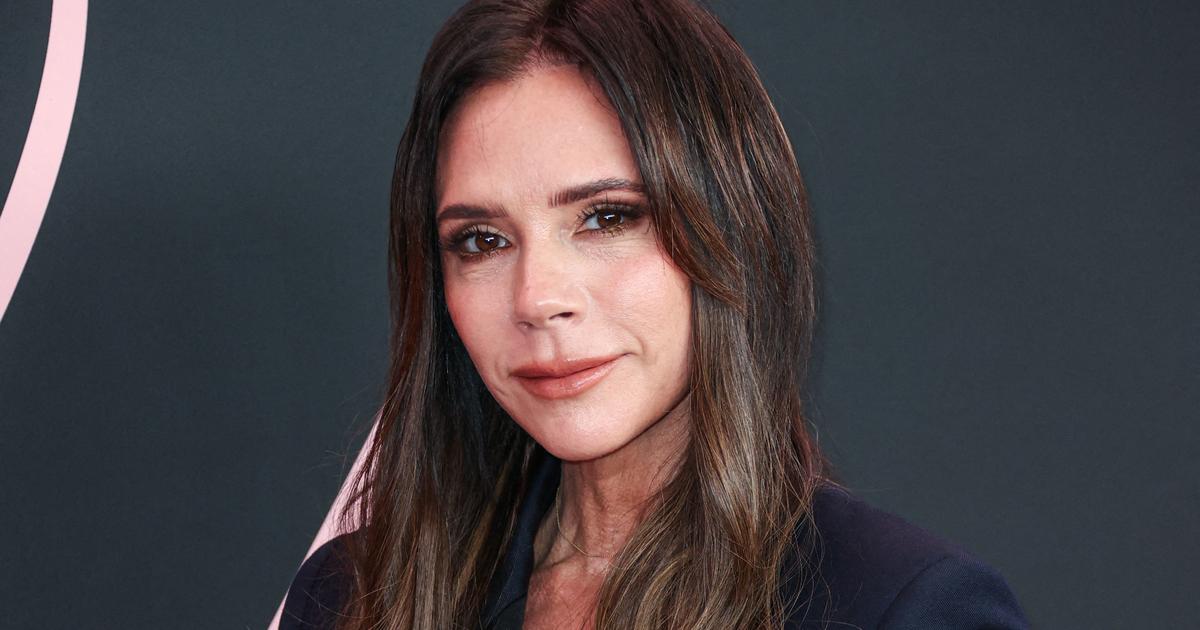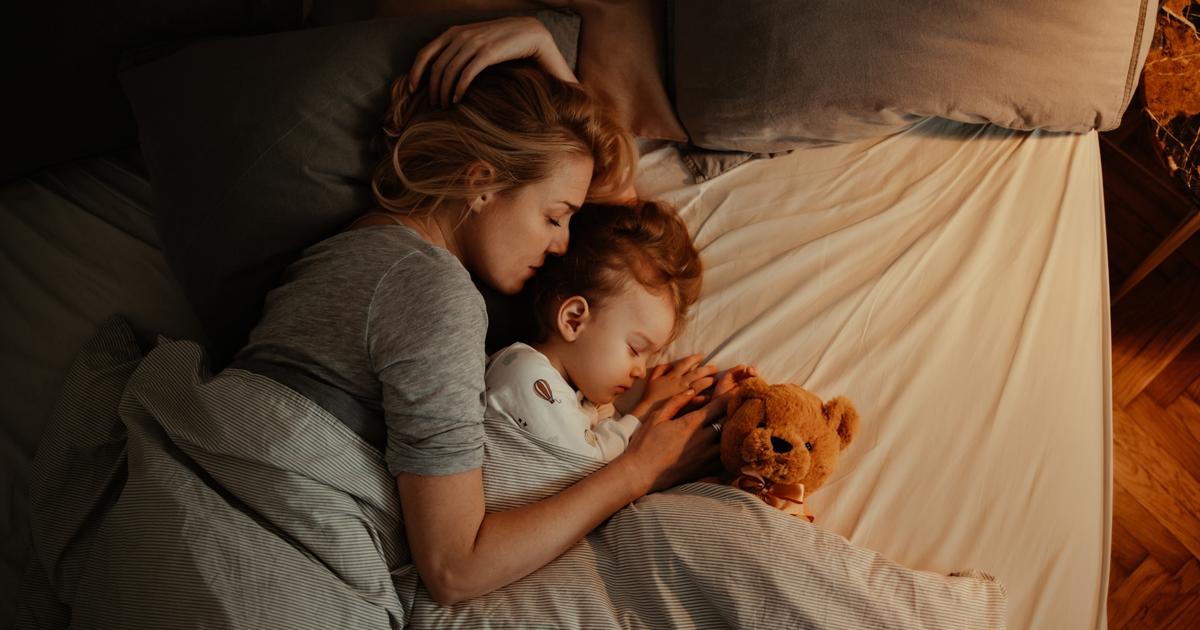Enlarge image
Orca with young animal: The animals are also called killer whales
Photo: Jeff Foott/Getty Images
It's a boy!
If this applies to the orca offspring, this often has consequences for the size of the later family.
Orca mothers take care of their full-grown sons so intensively that they largely do without further offspring of their own, write researchers in the journal Current Biology.
The team analyzed data from 40 female orcas from the so-called Southern Resident population in the northeast Pacific.
The more surviving weaned sons an orca mother had, the less likely she was to give birth to a viable calf within a year.
Daughters, on the other hand, had no noticeable influence on the mother's reproductive success.
"The price a female pays for caring for her weaned sons is enormous," said Michael Weiss of Britain's University of Exeter, according to a statement.
"We estimate that each additional male calf reduces a female's chances of having a new calf in any given year by over 50 percent."
guidance in foraging
The Center for Whale Research has been monitoring the Southern resident population since 1976.
"The Southern Residents not only show an extreme form of maternal care, from which the daughters, but especially the sons, benefit throughout their lives," says Weiss.
"This orca community is also one of the best-studied wild mammal populations in the world." Orcas are also known as killer whales.
The current evaluation showed that adult male orcas are still dependent on their mother: she takes the lead when searching for food and shares her prey with her sons.
To determine whether this intimate mother-son relationship is also beneficial for the mother, Weiss and his team analyzed data from the years 1982 to 2021.
Even with the increasing age of the sons, the effect persisted that the mother had fewer further offspring.
According to the expert team, the observation cannot be explained by a longer lactation period for the male pups or by a different group composition with more male animals.
Apparently, the long-term care of sons alone leads to reproductive disadvantages.
Threatened with extinction
The scientists suspect an evolutionary advantage for the orca mothers behind the behavior.
"Maternal support increases both the sons' chances of survival and reproductive success," explains co-author Darren Croft.
"In this way, the females ensure that their genes are passed on to the next generation."
What has established itself as an advantage over the course of evolution could now be fatal for the killer whales.
The population of the Southern Residents consists of only 73 individuals and is therefore threatened with extinction.
In addition, the salmon stocks on which the animals feed are also highly endangered.
Whether the population can recover also depends on the survival and reproductive success of the females.
Overall, parental care is widespread across the animal kingdom: in many species, the parents, or at least one parent, care deeply for the offspring for a period of time in order to increase their chances of survival.
During this phase, they sometimes even do without further offspring and thus reduce their own reproductive success.
So far, however, it was unclear whether lifelong care – as with the Southern Residents – would have disadvantages for the mother.
The specialist team writes that the first direct evidence of lifelong maternal investment and an as yet unknown strategy has now been provided.
In primates - including us humans - it is assumed that a long-term mother-child relationship offers mutual benefits: mother and child support each other, which increases not only the child's chances of survival, but also those of the mother and other siblings.
Thus, the care that mothers invest in their children pays off later.
jme/dpa





/cloudfront-eu-central-1.images.arcpublishing.com/prisa/LRSWMXRGLREYHO2C6YULM5WE5M.jpg)









